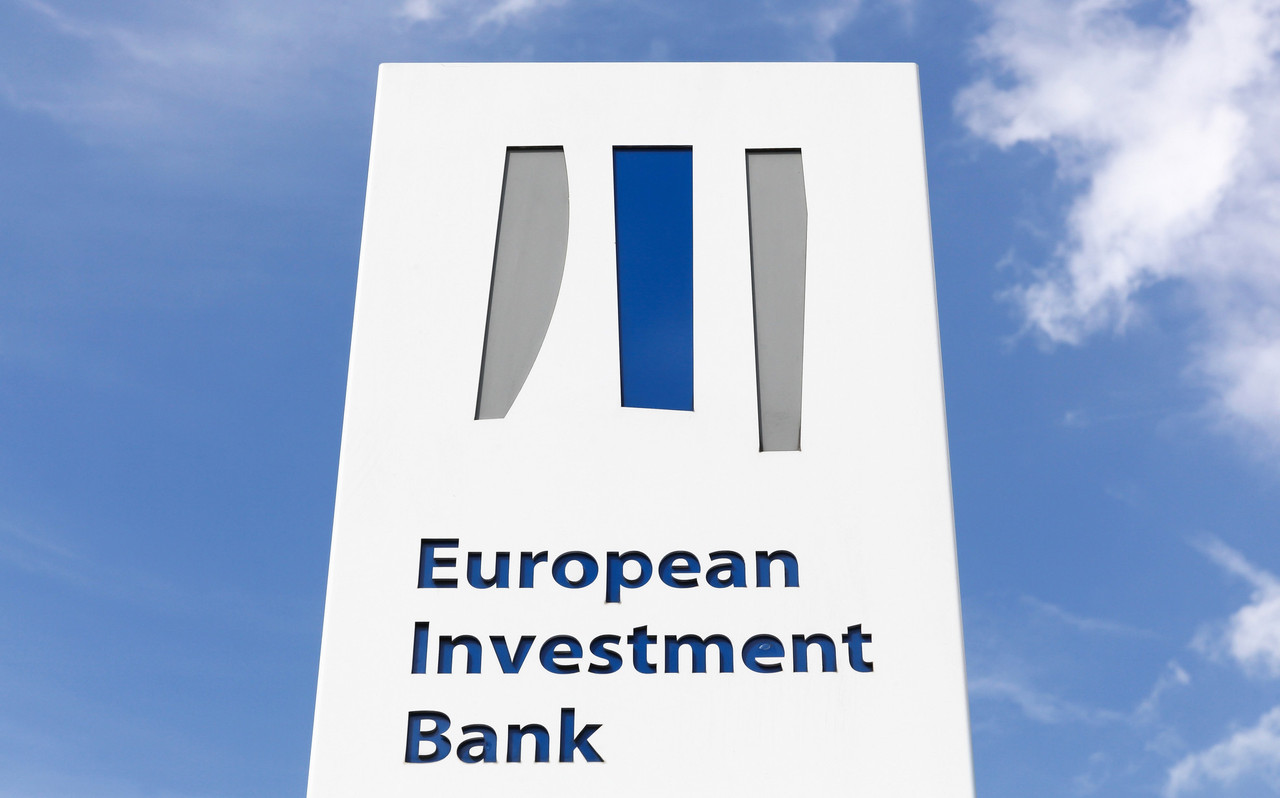Because of the pandemic, the EIB’s report notes, investment in the second quarter of 2020 fell by 6% compared to the pre-crisis level in 2019. This drop is due to a fall in private investment and has been partly offset by public investment, which has increased compared to pre-crisis levels.
With the recovery of private investment, total investment bounced back in the first quarter of 2021, exceeding the level of the first quarter of 2020 by 10% and even more so in the second quarter of 2021, reaching 28% above the level of the second quarter of 2020 and exceeding the pre-crisis level by 3.5%. In the third quarter of 2021, overall investment was lower than in the third quarter of 2020, but total investment remained above the pre-crisis level.
While fewer Luxembourg companies invested in 2020, they are becoming more optimistic for 2021, with more expecting an increase rather than a decrease in investment. Overall, large and medium-sized enterprises have a more positive investment outlook than small enterprises.
Machinery and equipment a priority
In 2020, 57% of Luxembourg companies invested to replace their equipment or buildings. 24% of investments were devoted to expanding capacity for existing products and services and 14% to developing new products and services. This investment pattern is broadly similar to that observed in the EU.
On the ground, the largest share of investment was in machinery and equipment (50%), followed by software, data, IT activities and websites (18%), land, operating buildings and infrastructure (16%) and employee training (10%). This distribution of investments is broadly similar to the EU average.
The EIBIS 2021 notes that medium-sized and large companies and those operating in the construction/infrastructure sector spent a relatively small proportion of their investments on 'intangible assets' (R&D, software, training and business processes) and made relatively larger investments in 'tangible assets' (land, buildings, infrastructure and machinery).
Focus on digitalisation
In 2020, 18% of companies in Luxembourg revised their investments and chose to decrease them, while practically none chose to put more money in that sort of activity. However, the remaining 82% did not change their investment plans. “Luxembourg companies tend to be slightly less affected by covid than others,” states the EIB’s report, which notes that 26% of companies in the EU have reduced their investments.
Manufacturing and micro and small enterprises were most likely to reduce their investment plans as a result of the pandemic.
The pandemic has also influenced investment priorities with digitalisation standing out. 60% of Luembourg companies expect covid to lead to an increased use of digital technologies in the long term. That number was 45% in the 2020 edition of the EIBIS.
Nearly one in four (23%) companies expect supply chain changes and a similar proportion expect changes in their service or product portfolio (21%) or a permanent reduction in employment (19%). These figures are broadly in line with the EU average.
At the same time, 36% of companies have started to invest in adaptation to climate change. And 49% plan to do so in the next three years.
Slight decline in innovation
In terms of innovation activities, 40% of companies developed or introduced new products, processes or services as part of their investment activities in 2020 compared to 47% in 2019. 8% of companies report having introduced an innovation that is new to the country or even the world.
59% of companies report having implemented at least one advanced digital technology. This figure is in line with what was reported in EIBIS 2020 (65%) and the EU average (61%).
Medium and large enterprises are more likely than small enterprises (64% versus 49%) to have implemented at least one advanced digital technology. The proportion of companies in the construction/infrastructure sector that have adopted at least one advanced digital technology is also relatively high (65%).
Luxembourg companies report a similar rate of implementation of most advanced digital technologies to the EU average, but are more likely to use drones than EU companies (38% compared to 23%).
The EIB study can be downloaded .
This story was first published in French on . It has been translated and edited for Delano.
